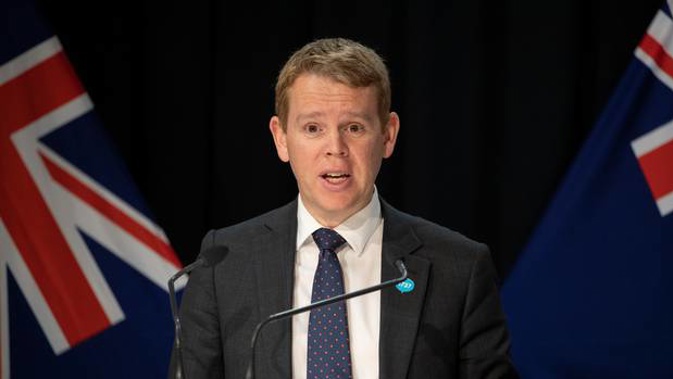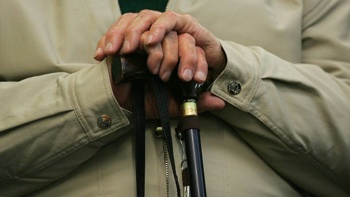
Travellers from four high risk countries will be blocked from New Zealand under a new regime designed to reduce the number of infected people coming here.
The new rules - effective from midnight next Wednesday, April 28 - will mean people from a "very high risk country" will not be allowed to travel here. From then, only New Zealand citizens, their partners and their children will be allowed here.
It comes as part of the Government response after it banned flights to and from India two weeks ago to stem the tide of passengers with Covid-19.
Covid Response Minister Chris Hipkins unveiled the plan to minimise the risk of returnees from countries ravaged by the virus, including India.
Very high risk countries are those that have more than 50 cases per thousand arrivals in New Zealand, and have more than 15 arrivals per month.
India, Brazil, Papua New Guinea and Pakistan currently meet this threshold.
Hipkins said the border is the first line of defence against Covid-19, and about 135,000 people had arrived in New Zealand during the pandemic - including about 800 cases.
"It has been very successful."
But the system was always being looked at to minimise the risk of the virus spreading, he said.
"A travel restriction can help us to manage that risk, and it already has."
Numbers of infected returnees travelling from the sub-continent surged in New Zealand earlier this month despite pre-departure testing.
Even yesterday, the Ministry of Health reported a new case detected on day 17 that was connected to a person who arrived from India before the travel ban was enforced.
It's estimated cases in India have almost tripled since the travel suspension was announced.
The world's second-most populous country is struggling with a second wave, raising more fears about its overwhelmed health care system.
It has close to 16 million confirmed cases, second only to the US.
Across the globe, countries are bringing in stricter rules affecting travel to and from India amid fears over the rising cases.
Australia's Prime Minister Scott Morrison said the number of flights between the two countries would be cut, while the UK has added India to a red list, restricting travel and bringing in hotel quarantine for all arrivals from India from today.
Despite this and with the two-week halt on flights from India soon to expire, New Zealand's temporary travel ban looks unlikely to be extended beyond April 28.
Instead the Government is considering whether to create a traffic-light system to pause flights from countries particularly affected by Covid-19 and introducing new MIQ measures.
The Herald understand Hipkins will also outline the plan for the extra 1000 to 1300 MIQ rooms a fortnight that are freed up by the transtasman bubble - including using some for foreign seasonal workers and students from countries that are free of any community transmission.
This week the Prime Minister said continuing the India ban was not being entertained for New Zealand citizens.
"We can't deem someone stateless. If a New Zealander is abroad, the only legal place they're able to reside, by default, is New Zealand. So we need to enable them to be able to travel home if they need to," said Jacinda Ardern.
"We have Bora (Bill of Rights Act) obligations that we need to maintain."
The Government is understood to be looking at measures to minimise risk, including keeping passengers on high-risk flights together for their MIQ stay.
Currently people on the same flight are often taken to different facilities.
Hipkins has also asked for advice on strengthening pre-departure requirements.
India is shattering global infection records, with 15.9 million cases and 184,657 deaths.
The latest surge has driven India's fragile health systems to breaking point, with understaffed hospitals overflowing with patients. Medical oxygen is in short supply and intensive care units are full.
Take your Radio, Podcasts and Music with you









